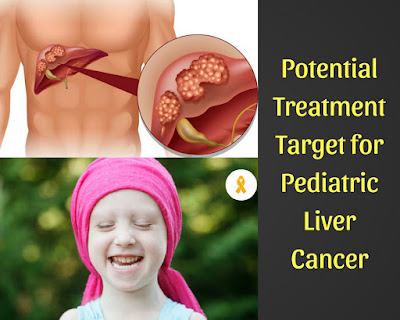Nanoparticle-based platform for detecting Esophageal cancer cells
Esophageal cancer, the seventh leading cause of cancer death worldwide, is responsible for nearly 15,850 deaths (12,850 men and 3,000 women) from this disease occur each year. Esophageal cancer is the most common cause of cancer death among men. It has few symptoms and is often diagnosed at a later stage. The five-year survival rate is less than 20 percent.
Researchers have created a modern nanoparticle-based stage for synchronous imaging and treatment of esophageal cancer. They have fabricated polypeptide nanoparticles, which have close infrared fluorescence for superior tissue imaging. They too altered the nanoparticles with tumor focusing on properties and at that point loaded the nanoparticles with a chemotherapy drug.
It is harder to distinguish the esophageal cancer tumor. One common detection strategy is the use of an endoscopic probe, which sparkles a white light through your throat. But the problem is the tumor is implanted within the normal tissue and difficult to see. This will offer assistance identify the tumor and direct the surgeon to the area that's lit up and surgically evacuate it, or consider alternative treatments. The researchers started creating this nanoparticle in 2015, in addition to making it easier to see the tumor, the nanoparticle has the capacity to carry the chemotherapy medicate to the location.
The nanoparticle is infused into the body, travels through the blood stream and gathers within the tumor region because of its targeting properties. Within the past there have been a few concerns around endeavoring to utilize nanoparticles identifying cancer cells since of the potential to present unexpected side impacts. It is vital to note that this nanoparticle is both biocompatible and biodegradable. This can be a critical turning point in cancer research, especially esophageal cancer research.




Comments
Post a Comment